Response re: Dec. 1st Letter
Last week, the Department of Taxes and the legislative Joint Fiscal Office published their annual “December 1st letter” projecting education spending for the upcoming year. In the letter, the Commissioner of the Department of Taxes projected an 18% increase in the average property tax rate. This estimated increase is being driven by a number of factors: inflation, the expiration of federal pandemic aid, and a roughly 16% increase in health care costs and payments on school construction or renovation projects.
While the estimated increase in the property tax rate is alarming, it’s important to understand that the estimate is only a starting point. This early projection is based on the sum of very preliminary budget information submitted by school districts across the state, plus revenue forecasts, with the assumption of no legislative action.
School boards are just kicking off their annual budget deliberations, which voters will consider in March. The legislature won’t take action until next spring, when we set the annual homestead property yield based on voter-approved budgets and more definitive revenue projections. At that time, we set a tax rate sufficient to cover the projected needs of the statewide Education Fund.
In the coming months, we will balance our obligation to cover the needs of voter-approved budgets without placing an undue burden on taxpayers. We have significant policy levers to accomplish that. We prepared for this moment by setting aside reserves and new strategies to buy down tax rates, so we can support our schools and students while establishing taxes that are paid in an equitable way by those most able to pay them.
I know that many of us are feeling the pain of rising inflation, higher interest rates and an economy where wages and salaries don’t keep up. I know that most of us can't afford higher property taxes.
We will have tough choices to make this legislative session, but as we return to the Statehouse in Montpelier, I’ll be listening to neighbors, teachers, parents, school board members, business owners and everyone in our community about how we can support our students without breaking the bank for Vermont households in the coming year.
